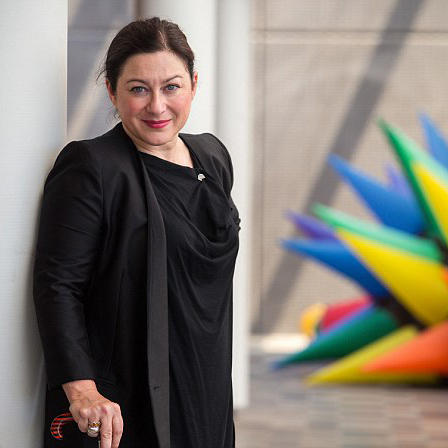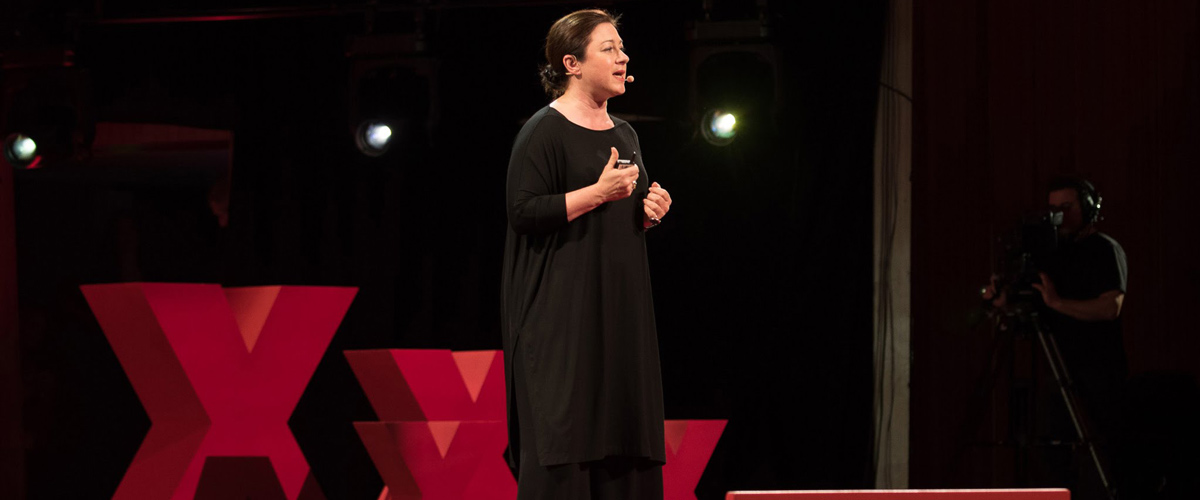Picture going on your usual commute whether it be by car, train, or bus and you find yourself in chaos underneath wreckage of pieces from the train you were traveling on, calling your name every now and then to check in with other survivors while you wait to be rescued.
 “I could never have imagined that a 19-year-old suicide bomber would actually teach me a valuable lesson. But he did,” dwelled Gill Hicks in which this was a tragic reality for.
“I could never have imagined that a 19-year-old suicide bomber would actually teach me a valuable lesson. But he did,” dwelled Gill Hicks in which this was a tragic reality for.
“On a Thursday morning in July 2005, the bomber and I, unknowingly, boarded the same train carriage at the same time, standing, apparently, just feet apart.”
Hicks in an instance went from avoiding eye contact with passengers to fighting their way out together, “I didn’t know Alison. But I listened for her check-ins every few minutes. I didn’t know Richard. But it mattered to me that he survived.” Nothing mattered for Hicks as she described being rescued after an hour of desperately holding on, “To them, it didn’t matter if I was rich or poor, the color of my skin, whether I was male or female, my sexual orientation, who I voted for, whether I was educated, if I had a faith or no faith at all. Nothing mattered other than I was a precious human life.”
This unfortunate event, ending up giving Hicks a second chance at life although left with two prosthetic legs that didn’t bring her down, “I see myself as a living fact. I am proof that unconditional love and respect can not only save, but it can transform lives.” This inspired Hicks and see life through another lens. “Does it have to take a tragedy or a disaster for us to feel deeply connected as one species, as human beings? And when will we embrace the wisdom of our era to rise above mere tolerance and move to an acceptance for all who are only a label until we know them?”




